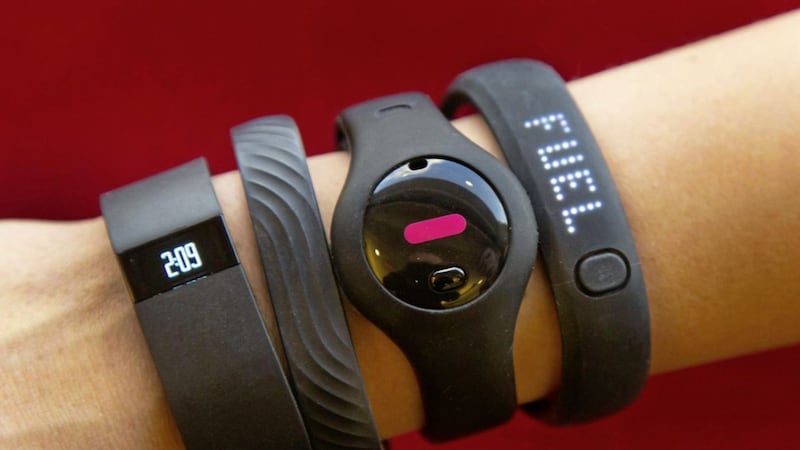ONE of Northern Ireland's growing costs is in healthcare, where cost outpaces inflation in most of the major economies of the world.
An example of this is in Asia, where last year medical costs increased by 11.5 per cent, against an inflation rate of 2.1 per cent. One of Asia’s blue chip economies, Singapore, has reported medical costs of 9.9 per cent against their inflation rate of 0.2 per cent in 2016.
The rise of healthcare costs is due to a multitude of factors, from ageing populations, poor lifestyle habits, higher patient expectations, and more. Regardless of the cause, healthcare costs rising at the current rate in our countries is simply unsustainable in the long run.
The trend today is for governments to encourage patients to take care of their own health. So with this in mind, you’d expect healthier systems in place, fewer diseases, a slower onset of medical conditions or at the very least, a reduced reliance on professional medical attention for chronic conditions.
We all want to look after ourselves much better, and with the right help and advice, to look after our own health. The problem is the pace of life and the working environment of many business people. It’s almost as if, unless we have chronic pain, we really don’t have time to be ill or time to stick to a healthy lifestyle regime, regardless of the abundance of health tools. Research conducted by Accenture, shows that hospitals are reaching only 2 per cent of their patient populations through mobile applications.
Most health conditions require patients to track or manage more than one aspect of their health. If patients, for example, are instructed to use one app to manage their diabetes and another for depression - each with different features and different ways of entering data - you can understand why some patients give up along the way.
Many of the countries' GP practices have moved towards appointment scheduling and prescription refills. Why anyone wants to put their GP’s number on repeat speed dial for 45 minutes, at a certain time of day or incur the wrath of the doctor’s receptionist, confounds me!
Life sciences companies can also add value to our digital health care, not to mention helping to transform chronic disease management, while playing a key role in helping our health minister (with newly-promised funding) develop patient engagement tools to stem escalating healthcare costs.
Companies like Roche Diagnostics in Germany have developed a new package combining a blood glucose monitor, a wearable fitness tracker, and an app developed by IT company SAP that are fully integrated with each other. This kit is issued to new diabetes patients.
Patients and physicians agree on goals, such as what the blood glucose level should be, medications, diet, and more. With the app linked to the required equipment, the patient’s vital signs and blood sugar level can be watched in relation to his or her physical activity level, in real-time. The doctor can monitor the patient remotely, and the patient can communicate with the doctor’s office if needs be.
The close connection fosters a stronger relationship with the patient and their GP. Patients feel supported and empowered. Little errors and slip-ups in lifestyle can be caught quickly because the app will red-flag the issue, and the doctor and patient can work on solutions together.
Patient engagement should be an important subject for all stakeholders in our healthcare system. Keeping the patient informed - whether it is on viable treatment approaches, benefit-risk assessments, potential costs, or ways they can get back on track after little mistakes - are critical aspects of healthcare.
It’s also appropriate for our health administrators to consider how they can facilitate and advance patient engagement goals.
While a connected Northern Ireland-wide sustainable healthcare system may not develop immediately, our health authority can play vital roles to support or establish such an ecosystem that can increase the rate of innovation in healthcare services and improve patient outcomes while reducing costs.
:: Trevor Bingham (editorial@itfuel.com) is business relationship manager at ItFuel in Craigavon. Follow them on Twitter @itfuel.








